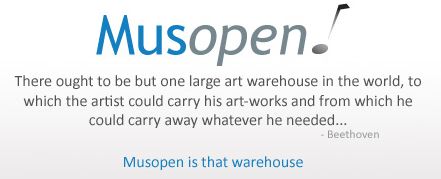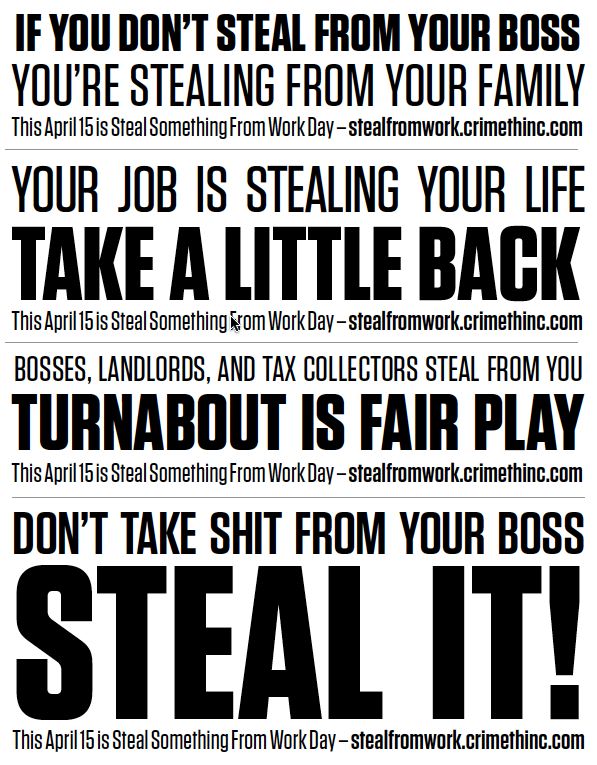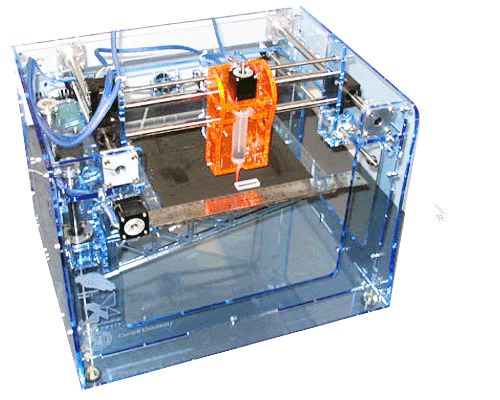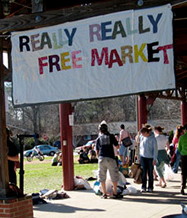In the subway, there’s no longer any trace of the screen of embarrassment that normally impedes the gestures of the passengers. Strangers make conversation without making passes. A band of comrades conferring on a street corner. Much larger assemblies on the boulevards, absorbed in discussions. Surprise attacks mounted in city after city, day after day. A new military barracks has been sacked and burned to the ground. The evicted residents of a building have stopped negotiating with the mayor’s office; they settle in. A company manager is inspired to blow away a handful of his colleagues in the middle of a meeting. There’s been a leak of files containing the personal addresses of all the cops, together with those of prison officials, causing an unprecedented wave of sudden relocations. We carry our surplus goods into the old village bar and grocery store, and take what we lack. Some of us stay long enough to discuss the general situation and figure out the hardware we need for the machine shop. The radio keeps the insurgents informed of the retreat of the government forces. A rocket has just breached a wall of the Clairvaux prison. Impossible to say if it has been months or years since the “events” began. And the prime minister seems very alone in his appeals for calm. Read more
Read more | ›››
 The International Commons Conference connected about 150 leading figures in commons-based studies and activism for a multidisciplinary, international conference in Berlin, Heinrich Böll Foundation. The general objective was to emerge with a set of principles and long-term goals that can foster the planning and development of commons based organisations and policy as well as their networking capacity. Read more about the outcomes of the conference.
The International Commons Conference connected about 150 leading figures in commons-based studies and activism for a multidisciplinary, international conference in Berlin, Heinrich Böll Foundation. The general objective was to emerge with a set of principles and long-term goals that can foster the planning and development of commons based organisations and policy as well as their networking capacity. Read more about the outcomes of the conference.


 In the
In the  The
The 

 A
A  Commonwealth is the latest collaboration between Michael Hardt, a Duke University professor who specializes in Italian literature, and Toni Negri, an original member of the radical Autonomia group in Italy. Negri is the more colorful of the two, having at one time been accused of being the intellectual leader of the Red Brigades terrorists who in 1978 kidnapped and murdered former Italian Prime Minister Aldo Moro. Negri fled to France and lived in exile before returning to Italy in 1997 to serve out the remainder of a reduced prison sentence on a lesser charge.)Commonwealth concludes the trilogy that started with Empire (2000) and continued with Multitude: War and Democracy in the Age of Empire (2004), both also from Harvard University Press.
Commonwealth is the latest collaboration between Michael Hardt, a Duke University professor who specializes in Italian literature, and Toni Negri, an original member of the radical Autonomia group in Italy. Negri is the more colorful of the two, having at one time been accused of being the intellectual leader of the Red Brigades terrorists who in 1978 kidnapped and murdered former Italian Prime Minister Aldo Moro. Negri fled to France and lived in exile before returning to Italy in 1997 to serve out the remainder of a reduced prison sentence on a lesser charge.)Commonwealth concludes the trilogy that started with Empire (2000) and continued with Multitude: War and Democracy in the Age of Empire (2004), both also from Harvard University Press.  After several decades of relentless neoliberal enclosures, the idea of ‘commons’ is enjoying a renaissance amongst some neo-Keynesian economists and commentators, while political scientist Elinor Ostrom has just been award the Nobel prize ‘for her analysis of economic governance, especially the commons’. Massimo De Angelis explains why capital’s commons will always be distorted – because they are based upon social injustice – and why we can only reclaim the commons from capital by constructing common interests.
After several decades of relentless neoliberal enclosures, the idea of ‘commons’ is enjoying a renaissance amongst some neo-Keynesian economists and commentators, while political scientist Elinor Ostrom has just been award the Nobel prize ‘for her analysis of economic governance, especially the commons’. Massimo De Angelis explains why capital’s commons will always be distorted – because they are based upon social injustice – and why we can only reclaim the commons from capital by constructing common interests.  According to the capitalist lexicon, the “Free Market” is the economic system in which prices are determined by unrestricted competition between privately owned businesses. Any sensible person can recognize immediately that neither human beings nor resources are free in such a system; hence, a “Really Really Free Market” is a market that operates according to gift economics, in which nothing is for sale and the only rule is share and share alike. In the interest of not taxing the reader’s patience, a single apostrophe stands in for the two “Really”s throughout this text.
According to the capitalist lexicon, the “Free Market” is the economic system in which prices are determined by unrestricted competition between privately owned businesses. Any sensible person can recognize immediately that neither human beings nor resources are free in such a system; hence, a “Really Really Free Market” is a market that operates according to gift economics, in which nothing is for sale and the only rule is share and share alike. In the interest of not taxing the reader’s patience, a single apostrophe stands in for the two “Really”s throughout this text.